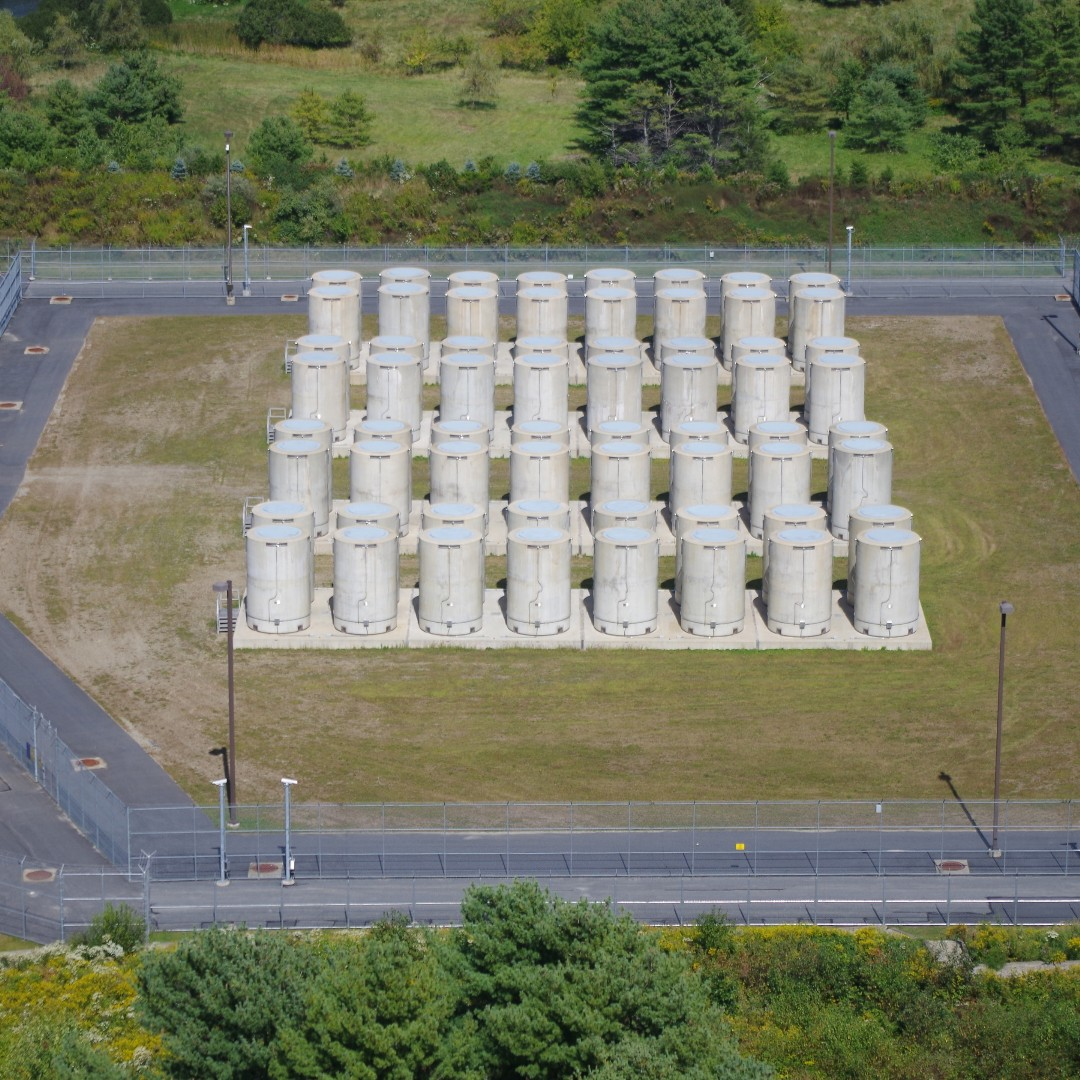

???



???



Maybe it was me idk
Make backups of your important files, or use a separate home partition. When I used arch, more than once I had a bricked install after doing updates. The last straw for me was when after updating my network completely went out. I switched to fedora and haven’t had issues for 2+ years. Also, (this goes for every distro, but more so arch than others) NEVER update if you don’t have at least some time in front of you in case something happens. Arch was definitely a good learning experience and it was fun at first tweaking everything, but the drawbacks in stability got a bit old after a while. The AUR is a godsend and it’s the best thing ever, you should also be using an AUR helper like Yay to make your life easier.


Of course, but the articles make it seem like it will 6x the performance in some games when in reality it won’t because the performance gain is already factored in upstream proton


These articles are very misleading because Proton is already patched to include fsync (I think it’s fsync). So basically there won’t be any performance improvement for most games under 99.999% of setups. Still a good thing that this is merged because it means the regular wine outside of proton will now be on par with proton
Gnome is my choice because it doesn’t look and feel like it was designed in 2015. I also much prefer the workflow with the touchpad gestures. I used to have extensions but since I reset my PC and didn’t install any apart from the one that shows my cpu temperature in the top bar.
Pro tip, cut your onion in a well ventilated space. Like for example crack a window over the counter that you are cutting on, it will greatly reduce the effect, and it doesn’t even need to be wide open


It definitely is amongst the cleanest energy sources we have today, especially when the choice for most is either oil, coal or nuclear, the choice is easy. Hydro, solar or wind are often not viable because of climate or location reasons. Not to mention that all of these need to be built using concrete, that is not unique to nuclear. Also important is that hydro electricity also dramatically alters the area, killing many animals and moving many species out of their home.


It is very clean. The image below shows what 20 years worth of spent nuclear fuel looks like at the former Maine Yankee plant. This is way smaller than most supermarkets in north america, let alone their parking lots!



To be fair that would not necessarily be because of the blockchain part, more because of the decentralized/federated nature of this theorical network


One of the rare use cases of a blockchain actually being useful. A federated internet archive that uses a blockchain to validate that the saved data has not been altered by a malicious actor trying to tamper with proofs
That would be really cool but horribly inefficient because of the sheer amount of storage required


Yes but when you are logged in, you can add the passkey that belongs to the new device to your account


For 2 reasons:


There are already systems in place that allow temporary passkey sharing, for example with a QR code (CaBLE) https://www.corbado.com/blog/webauthn-passkey-qr-code


I agree and I still store my passkeys in proton pass, but that’s more because there’s no real option for storing them locally only. I really like passkeys and they make me optimistic about the future, it’s just that I think the way they should work is that each device should have a passkey registered to an account, so that the access can then be revoked if the device was compromised. And it’s even convenient in this way with the QR codes that you can use to temporarily share a passkey to then be able to add the new device.


I read the post more closely and saw that this isn’t about syncing the keys across password managers, it’s about transfering them to a different password manager/device. In that case I’m okay with the initiative. This is to prevent lock-in and I’m all for it.


I have one, but I use it as a second factor because it does not have a way of identifying me


I don’t like that passkeys are portable, this kind of defeats the entire purpose. The way they were sold to me is the following: it’s 2 factors in one. The first is the actual device where the key lives, and the second, the user verification, like a pin, face scan, fingerprint etc. If it’s synced across the cloud, there’s no longer the first factor being the unique key on the unique device.
Granted, passkeys even without the first factor are still magnitudes better in terms of convenience and security compared to passwords, but it just disappoints me a little that there are no good options to save passkeys on my local device only, with no cloud sync.
If anyone knows of a local-only passkey manager app for android, as well as the same as a firefox extension, I’d love to know about it!
Hahahahahaha my digital footprint is crazy